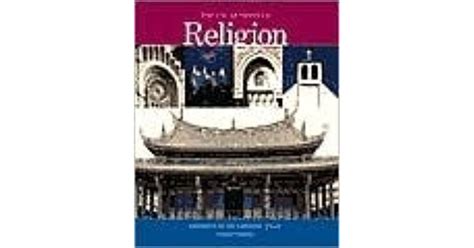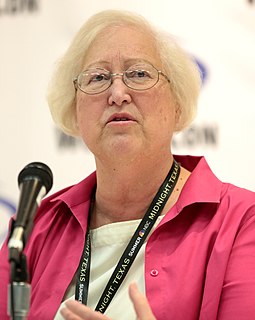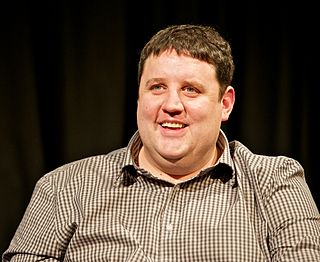A Quote by Edwin Catmull
'Balance' is a soft word. It implies calm, something almost yogic, but that's not it at all. The process is always chaotic and turbulent.
Related Quotes
The amazing thing is that chaotic systems don't always stay chaotic," Ben said, leaning on the gate. "Sometimes they spontaneously reorganize themselves into an orderly structure." "They suddenly become less chaotic?" I said, wishing that would happen at HiTek. "No, that's the thing. They become more and more chaotic until they reach some sort of chaotic critical mass. When that happens, they spontaneously reorganize themselves at a higher equilibrium level. It's called self-organized criticality.
I love the perspective afforded by having lived five decades, a degree of bemused and muted calm, a relief from the insistent demands of a turbulent ego and rampant ambition. I'd love to stay here forever. But something tells me that 50 is a sunny idyll, a temporary state of grace, a golden afternoon.
I always feel more comfortable in chaotic surroundings. I don't know why that is. I think order is dull. There is something about this kind of desire for order, particularly in Anglo Saxon cultures, that drive out this ability for the streets to become a really exotic, amorphous, chaotic, organic place where ideas can, basically, develop.


































